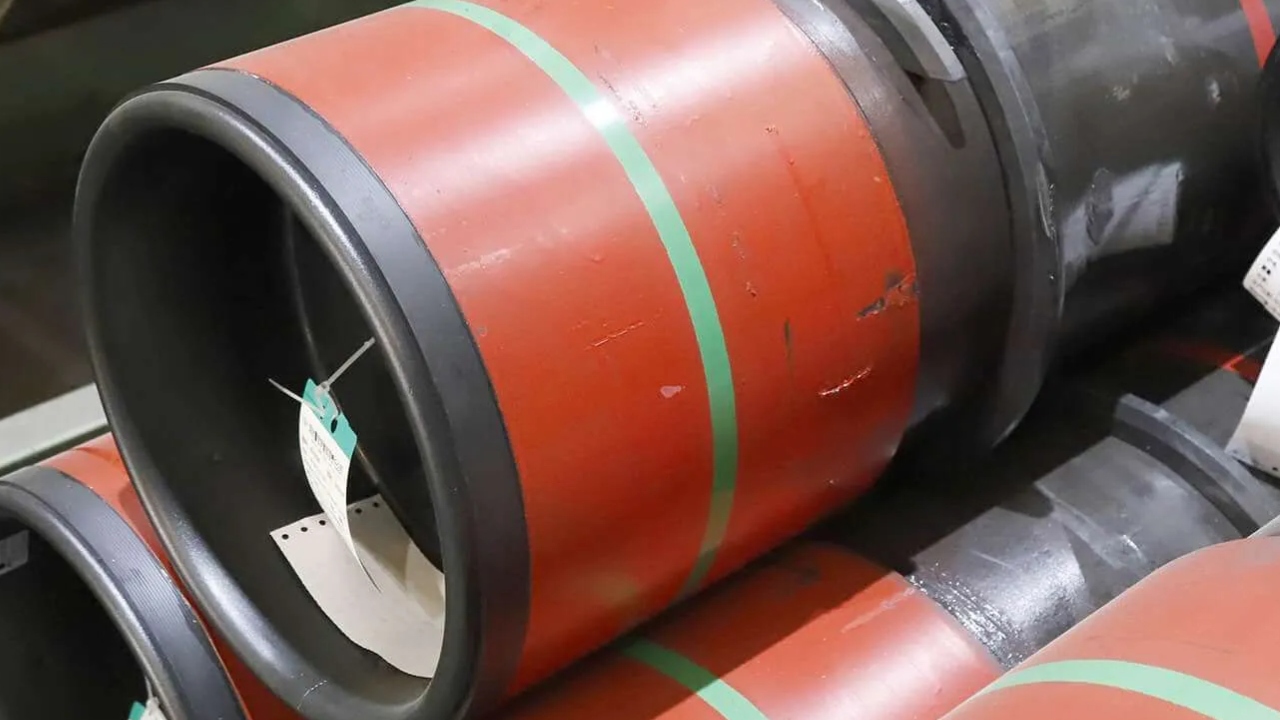Boiler tubes are vital additives in boiler systems, fulfilling the critical feature of heating water to provide steam these tubes are divided into two varieties based on pressure requirements: medium stress and immoderate stress they are important for assisting in efficient heat transfer operations. Boiler tubes, which may be the product of welded metal material, are pretty durable and resilient to the numerous kinds of wear and tear that occur in their working situations.
The seamless integration of steel creation ensures robustness, allowing boiler tubes to bear the high temperatures and pressures seen in boiler systems. Notably, the existence of a seam alongside the duration of this boiler pipe strengthens its structural integrity, decreasing the opportunity for leaks and presenting a non-stop, dependable steam generation. In essence, boiler pipe are the backbone of boiler structures, representing the durability, efficiency, and protection required for successful industrial operations.
Factors Determining the Quality Of Boiler Tubes
Boiler tubes are important components in business boilers, accountable for the delivery of warmth and steam required for the diffusion of applications. Underneath are certain factors for determining the quality of boiler tubes:
Material Selection
The choice of materials is a major factor in determining the quality of boiler tubes. Materials with suitable mechanical capabilities, corrosion resistance, and heat conductivity are required to ensure the durability and typical performance of boiler tubes. Carbon steel, alloy metallic, chrome steel, and different specialized alloys designed to endure excessive temperatures and pressures are famous materials used in boiler tube manufacture.
Manufacturing Methods
The production strategies used to offer boiler tubes have a large effect on their quality. Superior production techniques, together with seamless tube fabrication, welding, and bending, are critical to attaining the requisite mechanical traits and dimensional precision. Seamless tubes, in particular, offer superior energy and reliability over welded tubes because they remove the feasible weak regions related to welding.
Quality Control Measures
Rigorous best-control methods are required during the manufacturing process to ensure that boiler tubes satisfy the applicable standards and specifications. Outstanding manipulation starts with inspecting and sorting out uncooked materials to ensure their composition and integrity. for the duration of the production process, non-detrimental attempting-out techniques like ultrasonic checking out, radiographic checking out, and eddy cutting-edge trying out are used to discover any abnormalities or irregularities inside the tubes. Dimensional inspections are also carried out to make sure that the tubes are inside their distinct limits.
Adherence To Standards
Compliance with industry norms and tips is another important element in assessing the incredible quality of boiler pipes several groups have set up requirements and norms for boiler tube layout, manufacturing, and finding out. Adherence to those requirements guarantees that boiler tubes meet protection, performance, and reliability requirements.
Resistance To Corrosion And Degradation
Boiler tubes are subjected to tough operating situations, collectively with immoderate temperatures, pressures, and corrosive environments. As a result, resistance to corrosion and deterioration is vital to ensuring the durability of boiler tubes. Specialized coatings are frequently implemented in boiler tubes to enhance corrosion, erosion, and fouling resistance moreover, powerful water treatments and preservation techniques are required to avoid corrosion and expand the lifespan of boiler tubes.
Structural Integrity
The structural integrity of boiler tubes is critical to ensuring their reliability and safety at some stage in operation. Any defects or weaknesses within the tubes, which include cracks, leaks, or distortions, might probably impair their characteristics and result in catastrophic failures. As a result, big nice manipulation strategies, collectively with a thorough inspection and attempting out, are required to discover and resolve any structural flaws earlier than the tubes are placed into operation.
Sum Up
Material selection, production approaches, brilliant management techniques, compliance with standards, corrosion resistance, and structural integrity all affect boiler tube satisfaction. Manufacturers may also additionally make boiler tubes that attain standard levels of overall performance, dependability, and safety by prioritizing those troubles and employing stringent guarantee strategies investing in extremely good boiler tubes is vital to maintaining the performance, lifespan, and protection of industrial boiler systems.


